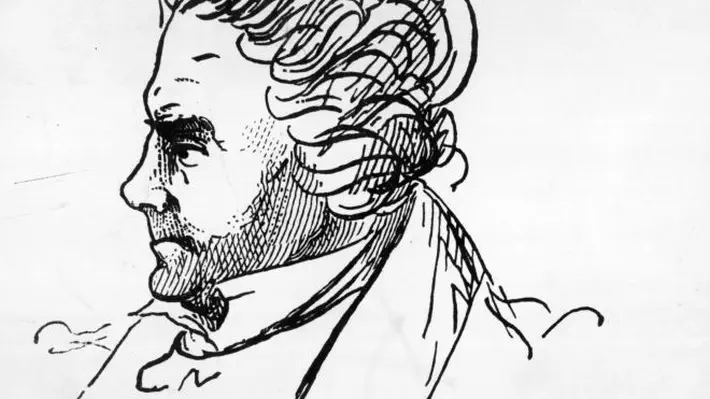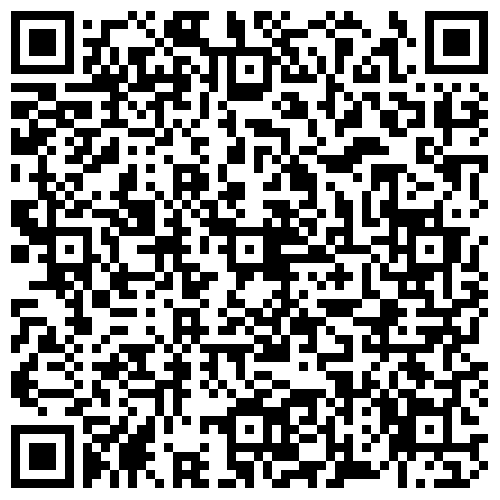contain multitudes • por Padma Dorje • fundado em 2003
contain multitudes
 ethnomusicologyreview
ethnomusicologyreviewSacred Abjection in Zen Shakuhachi
In a manuscript from the 1820s, Japanese shakuhachi player Hisamatsu Fuyo proclaims it is “despicable, if someone loves to produce a splendid tone” on the instrument (an end-blown bamboo flute) (Gutzwiller 1984:61). This strongly worded condemnation expresses an often overlooked aesthetic—and ethical—orientation within the shakuhachi tradition, one still active among certain practitioners: to play beautifully is something loathsome, expressive not just of poor musical judgment, but of bad character. “Splendid tone” is a mark, indeed, of the abject.
 weeklystandard
weeklystandardJohn Coltrane and the End of Jazz
The Renaissance, taking man as the measure of all things, produced music for soloists. The Age of Revolutions, gestating democracy and the nation at arms, expressed its collectivism in orchestral music. The 20th century saw the triumph of capitalism, eventually, and the musical format of the market economy was the quartet. A quartet is the cheapest way to mimic an orchestra’s range. Ringo plays the rhythm, Paul holds down the bass, John adds the chords, and George does the decorations. The logical consequence, economically if not musically, was for all four members to sing a bit and write their own tunes. Hence the Beatles, self-contained and self-commodified, with a little help from their friend Brian Epstein.
 JAKUBMARIAN
JAKUBMARIANThe “432 Hz vs. 440 Hz” conspiracy theory
Would you believe that there is a conspiracy theory about the way we tune musical instruments? And that this theory even involves the Nazis, chakras, and whatnot? No? Then sit down and enjoy perhaps the most ridiculous conspiracy theory of all times.
 stanford.edu
stanford.eduFantasia Apocalyptica
A multimedia work for pipe organ, accompanied by several video tracks. It can be regarded as a somewhat literal translation of the Biblical book of Revelation into music.
 TECHBLOG
TECHBLOGGenerating Music
Recently I’ve undertaken a personal project (computoser) that is a bit strange. I tried to write software that generates music at random. Good music, that is, because “random” usually generates noise. The idea, of course, is not at all new – there has been research on the topic and there is software that attempts to generate music.
 ethnomusicologyreview
ethnomusicologyreview weeklystandard
weeklystandard WWNO
WWNO BBC
BBC JAKUBMARIAN
JAKUBMARIAN stanford.edu
stanford.edu the-tls
the-tls TECHBLOG
TECHBLOG





